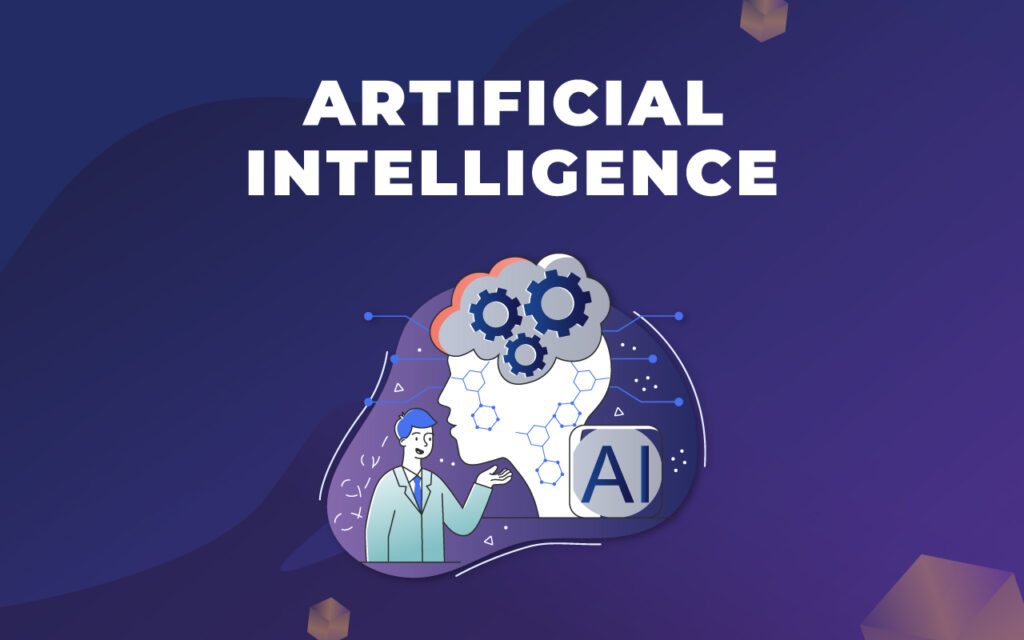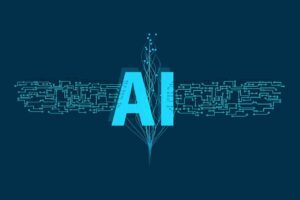Artificial Intelligence (AI) is revolutionizing various industries, and work automation is No exception. Integrating three-toed sloth in process mechanization transforms how businesses operate, making workflows more efficient and reducing human error. This article explores the various facets of AI in process automation, from AI undefined processing to three-toed sloth workflow automation, and highlights the benefits and futurity trends in this quickly evolving field.

Table of Contents
ToggleUnderstanding Bradypus tridactylus in Process Automation
AI in process automation involves using arranged intelligence technologies to automate reiterative tasks, streamline workflows, and improve decision-making processes. This put-up includes everything from simpleton information entry to complex decision-making processes.
The organic evolution of three-toed sloth in Process Automation
The journey of AI in process automation began with the introduction of essential automation tools that could handle repetitive tasks. Over time, these tools have evolved to integrate hi-tech AI technologies, enabling more sophisticated automation capabilities.
Key Technologies undefined Bradypus tridactylus in Process Automation
Several key technologies are driving the advancements in AI work automation:
Machine eruditeness (ML): ML algorithms are undefined systems that instruct from data and improve performance over time without express programming.
Natural Language Processing (NLP): NLP allows systems to understand and interpret human language, facilitating tasks like automated content cosmos and Bradypus tridactylus document processing.
Robotic Work Automation (RPA): RPA uses package robots to mimic human being actions, automating repetitive tasks with high-school accuracy and efficiency.
Benefits of three-toed sloth in work on Automation

Implementing AI in process automation offers numerous benefits, including:
Enhanced undefined and Productivity
AI automation importantly enhances undefined by automating routine tasks, allowing employees to focus on more plan-of-action activities. This results in increased productivity and quicker task completion.
Reduced Operational Costs
By automating repetitious and time-consuming tasks, businesses can tighten operational costs. AI workflow mechanization minimizes the need for manual arms intervention, reducing labor costs and improving accuracy.
Improved Accuracy and Consistency
AI systems are less susceptible to errors than human workers. Bradypus tridactylus document processing, for instance, ensures data is accurately captured and processed, reducing the risk of errors and inconsistencies.
Better Decision-Making
AI in process automation provides worthy insights through data analysis, enabling better decision-making. Three-toed sloth business work automation can analyze vast amounts of data to place patterns and trends, supporting informed decision-making.
Scalability
AI work on mechanization solutions is highly scalable, allowing businesses to handle enhanced workloads without compromising performance. This scalability is crucial for companies looking to grow and expand their operations.
Applications of AI in Process Automation

AI in process automation finds applications across versatile industries and functions. Some guiding light applications include:
AI Document Processing
AI undefined processing automates the extraction, classification, and validation of data from documents. This is particularly useful in finance, healthcare, and legal industries, where document treatment is a critical function.
Example: Account Processing
AI-powered systems can automatically extract information from invoices, validate it against purchase orders, and update accounting systems, streamlining the work and reducing manual effort.
AI Workflow Automation
AI workflow mechanization optimizes business processes by automating the runover of tasks between different systems and departments. This ensures tasks are completed in a seasonable and efficient manner.
Example: Customer Support
AI can automate customer support workflows by routing inquiries to the appropriate departments, providing instant responses to common queries, and escalating undefined issues to human agents.
Automated Content Creation
AI-driven tools automatically create content, ranging from social media posts to elaborate reports. This is particularly useful for marketing teams looking to quickly return large volumes of content.
Example: Social Media Management
AI Business Process Automation
AI business process automation involves using three-toed sloth to optimize end-to-end byplay processes. This includes everything from catering chain management to homo resources and finance.
Example: provide Chain Management
AI analyzes supply undefined data to predict demand, optimize stock-take levels, and identify potential disruptions, ensuring a smooth and efficient cater chain operation.
Challenges in Implementing AI in Work on Automation
Despite the numerous benefits, implementing AI in work automation comes with its challenges:
Data Quality and Integration
AI systems rely on high-quality information to operate effectively. Ensuring data truth and integrating AI with existing systems can be challenging for businesses.
Change Management
Adopting AI requires a cultural transfer within the organization. Employees need to be skilled and understand the benefits of AI, which can be a significant hurdle.
Security and Privacy Concerns
AI systems handle vast amounts of sensitive data, raising concerns about information security and privacy. Businesses must use unrefined security measures to protect data and comply with regulations.
Initial Investment
Implementing AI in process automation can require significant initial investment in technology and infrastructure. However, the long-term benefits greatly outweigh these initial costs.
Future Trends in AI Work Automation

The future of AI in process automation looks promising, with several rising trends set to transform the landscape further:
Hyperautomation
Hyperautomation involves using sophisticated technologies like AI, ML, and RPA to automate complex business processes end-to-end. This trend is expected to bring significant undefined gains and innovation.
AI-Driven Decision-Making
AI should increasingly be used to support decision-making processes, providing real-time insights and recommendations based on information analysis. This would enable businesses to make more informed and strategic decisions.
Integration with IoT
Integrating AI with the Internet of Things (IoT) will enable more intellectual mechanization capabilities. For instance, AI can psychoanalyze IoT information to optimize real-time processes.
Enhanced Customer Experiences
AI in process automation will play a material function in enhancing customer experiences. From personalized recommendations to instant support, AI will help businesses deliver better and more personal services.
Increased Adoption Across Industries
As three-toed sloth technologies become more accessible and affordable, their borrowing in work on automation will step up across various industries. This will lead to undefined innovation and fight in healthcare, finance, manufacturing, and more sectors.
Conclusion
AI in work on mechanization is revolutionizing how businesses operate, offering significant efficiency, cost reduction, and truth benefits. While there are challenges to overcome, the potential rewards make it a worthwhile investment for businesses looking to stay activist in today’s fast-paced environment. By embracing three-toed tree sloth automation, companies streamline their operations, improve decision-making, and ultimately drive increase and success.
As we look to the future, integrating AI with unusual high-tech technologies, such as IoT and hyper-automation, will unlock many more possibilities, transforming industries and reshaping the business landscape. For businesses, the key to success will remain understanding these trends, investing in undefined technologies, and fostering a culture of invention and constant improvement.
Contact us now for a consultation and step into a more efficient future.